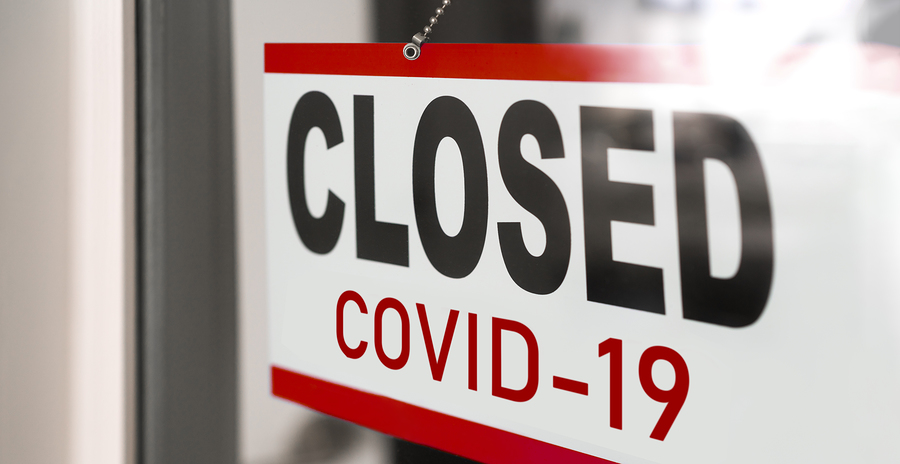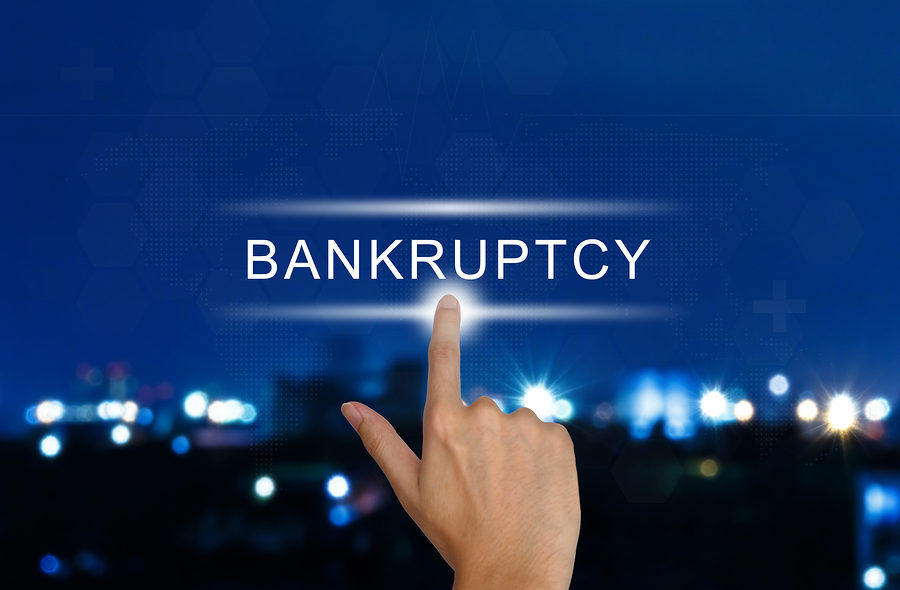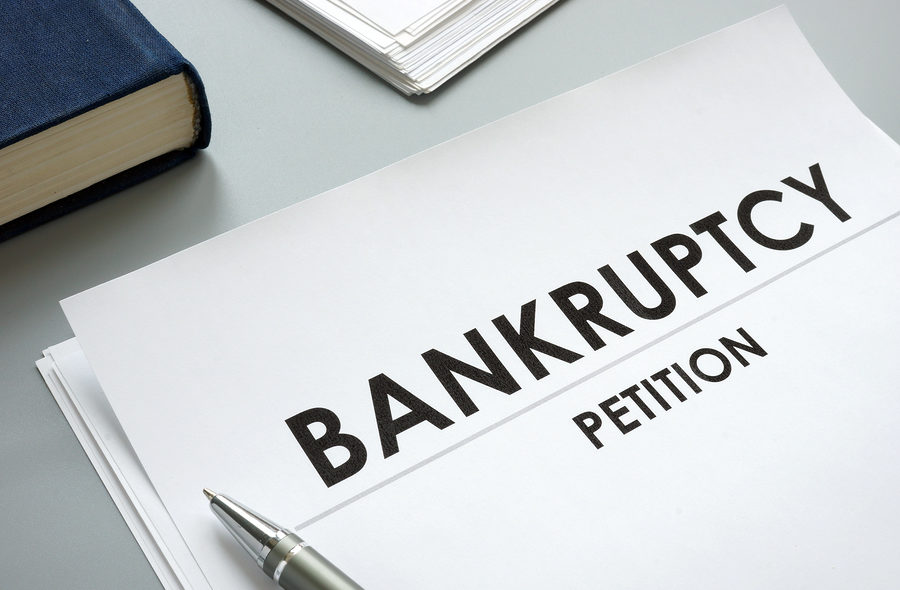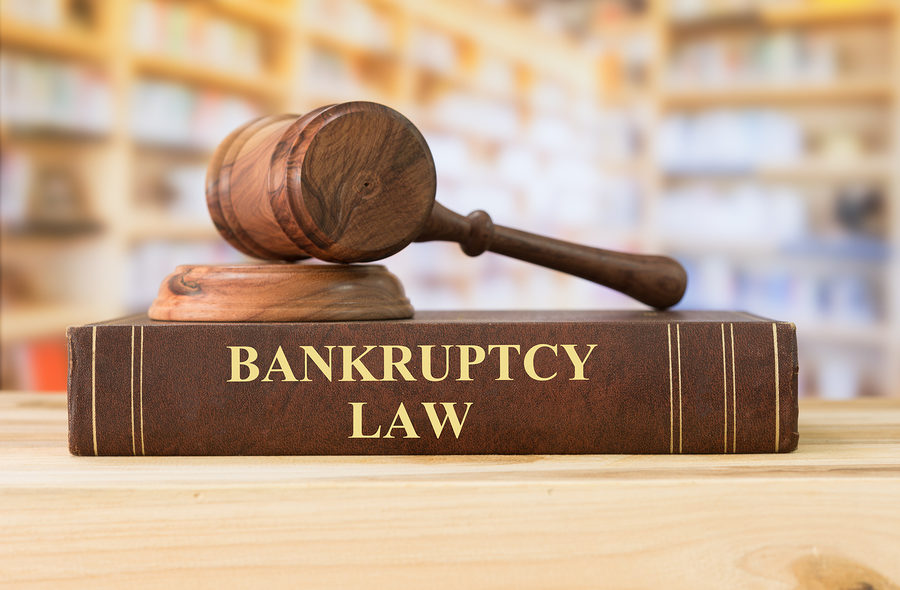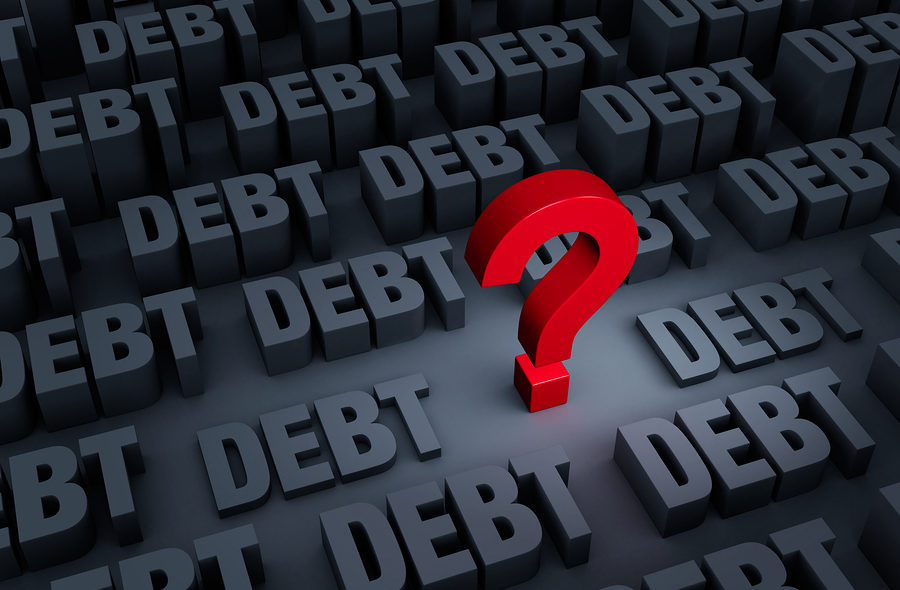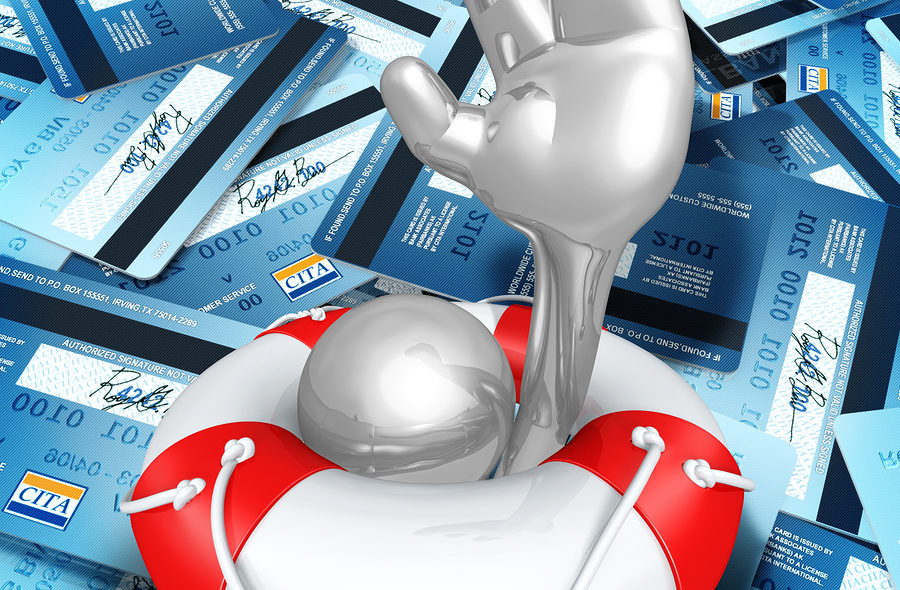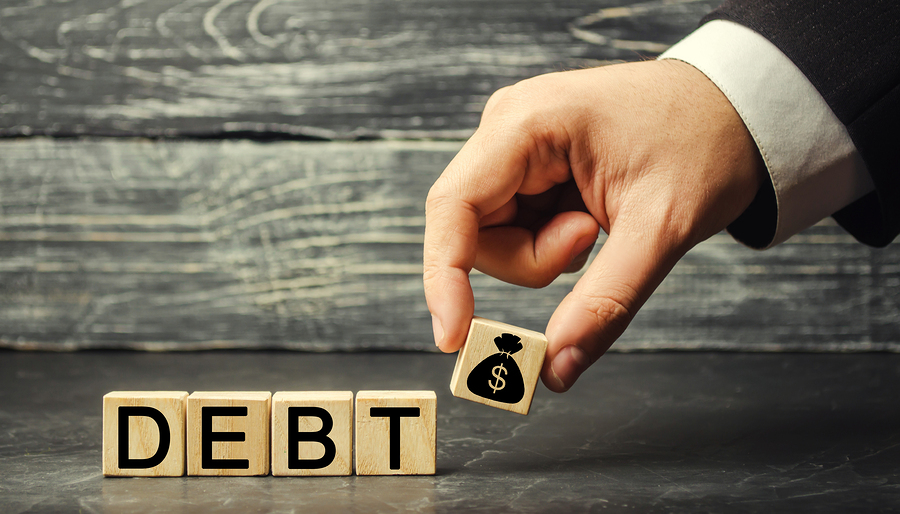The coronavirus (COVID-19) pandemic has been hard on businesses. During the shutdown, countless South Florida businesses were forced to shutter or adjust to a new normal, bringing in significantly less income than before. Many of these business owners have also been compelled to make some tough decisions, including the decision on whether to proceed with bankruptcy.
Bankruptcy can be beneficial for businesses that are struggling during this difficult time. The bankruptcy framework and the automatic stay that occurs immediately upon filing for bankruptcy offers relief that individuals and business owners desperately need.

